The transaction, which values Air Deccan at Rs 155 a share, would be through allotment of 96,77,419 fully paid-up equity shares to UB Group.
MUMBAI: India’s civil aviation sector is beginning to conform to the Rule of Three. On Thursday, when Air Deccan managing director GR Gopinath announced that Vijay Mallya’s UB group, which owns Kingfisher Airlines, will be buying a 26% stake in his company, the stage was set for a three-way consolidation in the cut-throat civil aviation sector. Price wars will soon be a thing of the past.
While Jet Airways has already bought Air Sahara, the Union government has cleared the merger of Indian with Air-India. The Kingfisher-Air Deccan duo will be the third combo. Together, the three combines will account for over 80% of the domestic aviation market. The bit players will now have to either merge with one of the bigger players or opt for a niche strategy.
After the stake sale, which will infuse Rs 550 crore into cash-strapped Deccan Aviation, the combine will command a market share of more than 29.20% (based on April data), just a nose behind Jet-Sahara’s 29.4%, according to DGCA figures. Gopinath put the duo’s market share at 34% in April, ahead of Jet-Sahara’s 32%.
The Rule of Three, expounded by NRI professors Jagdish Sheth and Rajendra Sisodia, holds that every industry consolidates into a threesome, with a combined market share of 70-90%. The Indian civil aviation sector mirrors the theory as consolidation has accelerated to a new pitch.
The Kingfisher investment brings Deccan Aviation’s year-long quest to induct a financial investor to a successful conclusion, with the added benefit of airline consolidation and synergies in aircraft maintenance and market complementarity. While Kingfisher operates a full-service airline, Air Deccan runs a low-cost one. While Kingfisher promotes a lifestyle, Air Deccan is all about cheap transportation.
Not everybody, of course, buys the synergy argument. Not least Kingfisher’s rivals. “There’s been always a problem in a full-service carrier running a low-cost airline. It has never worked. Low-cost airlines cannibalise full-service carriers,” says Ajay Singh, director of SpiceJet.
This may explain why both Jet and Kingfisher want to run their low-cost airlines as separate entities. While Jet is rebranding Sahara as Jet Lite, Kingfisher may opt to retain the Air Deccan brand since the existing promoter retains his stake. Mallya’s 26% is being raised through a preferential issue of shares at Rs 155 - a 6% premium to Thursday’s closing price of Rs 146.20.
Mallya will also make an open offer for an additional 20% in Deccan. If this raises his stake to 46%, Deccan’s promoter holdings will fall to 22%, making it a takeover of sorts.
After the preferential issue, Gopinath will become chairman and the company will be run by a CEO, Ramki Sundaram, who is current the airline’s chief financial officer.
It was only last month that Capt Gopinath rebuffed Mallya’s request to invest by remarking: “He may want to buy the moon but the moon may not be available for sale. We are from different planets; he is from Venus, I am from Mars.” But Mallya is not an easy man to be fobbed off. He is known to wait tirelessly to make even foes come around.
Remember the Shaw Wallace acquisition, the company he acquired after 20 years from Manu Chabbria’s widow?
When he realised that the Captain was not willing to give up control easily, Mallya decided to change tack. “I’ve a different offer. I’ll come as an investor. We can still collaborate,” said Gopinath about Mallya’s newest overture. And this found a visible change in the Captain’s attitude to the liquor baron.
“That made a lot of sense to me,” Gopinath tried to explain. He needn’t have tried, as it was clear to all observers that Mallya had offered a life jacket to him.
What the Rs 550 crore financial investment means is that there will be an end to cut-throat price wars, and airlines will see the return of pricing power.
Bloomberg quoted Kapil Kaul, chief executive officer of the India unit of the Centre for Asia Pacific Aviation as saying: “Deccan needs investments. They are critical for its growth. The economics and rationale behind Kingfisher and Deccan getting together are very strong. Both the airlines operate Airbus and ATR planes.’’
“We’ll bail each other out,” says captain Gopinath. “He’s buying the future and not looking at the past,” Gopinath explains. Mallya may buy that argument.
With inputs from Bloomberg
![submenu-img]() House of the Dragon season 2 trailer: Rhaenyra wages an unwinnable war against Aegon, Dance of the Dragons begins
House of the Dragon season 2 trailer: Rhaenyra wages an unwinnable war against Aegon, Dance of the Dragons begins![submenu-img]() Panchayat season 3 trailer: Jitendra Kumar returns as sachiv, Neena, Raghubir get embroiled in new political tussle
Panchayat season 3 trailer: Jitendra Kumar returns as sachiv, Neena, Raghubir get embroiled in new political tussle![submenu-img]() Apple partners up with Google against unwanted tracker, users will be alerted if…
Apple partners up with Google against unwanted tracker, users will be alerted if…![submenu-img]() Meet actress whose debut film was superhit, got married at peak of career, was left heartbroken, quit acting due to..
Meet actress whose debut film was superhit, got married at peak of career, was left heartbroken, quit acting due to..![submenu-img]() Who is the real owner of Delhi's Connaught Place and who collects rent from here?
Who is the real owner of Delhi's Connaught Place and who collects rent from here?![submenu-img]() Meet man who is 47, aspires to crack UPSC, has taken 73 Prelims, 43 Mains, Vikas Divyakirti is his...
Meet man who is 47, aspires to crack UPSC, has taken 73 Prelims, 43 Mains, Vikas Divyakirti is his...![submenu-img]() IIT graduate gets job with Rs 100 crore salary package, fired within a year, he is now working as…
IIT graduate gets job with Rs 100 crore salary package, fired within a year, he is now working as…![submenu-img]() Goa Board SSC Result 2024: GBSHSE Class 10 results to be out today; check time, direct link here
Goa Board SSC Result 2024: GBSHSE Class 10 results to be out today; check time, direct link here![submenu-img]() CUET-UG 2024 scheduled for tomorrow postponed for Delhi centres; check new exam date here
CUET-UG 2024 scheduled for tomorrow postponed for Delhi centres; check new exam date here![submenu-img]() Meet man who lost eyesight at 8, bagged record-breaking job package at Microsoft, not from IIT, NIT, VIT, his salary is…
Meet man who lost eyesight at 8, bagged record-breaking job package at Microsoft, not from IIT, NIT, VIT, his salary is…![submenu-img]() DNA Verified: Is CAA an anti-Muslim law? Centre terms news report as 'misleading'
DNA Verified: Is CAA an anti-Muslim law? Centre terms news report as 'misleading'![submenu-img]() DNA Verified: Lok Sabha Elections 2024 to be held on April 19? Know truth behind viral message
DNA Verified: Lok Sabha Elections 2024 to be held on April 19? Know truth behind viral message![submenu-img]() DNA Verified: Modi govt giving students free laptops under 'One Student One Laptop' scheme? Know truth here
DNA Verified: Modi govt giving students free laptops under 'One Student One Laptop' scheme? Know truth here![submenu-img]() DNA Verified: Shah Rukh Khan denies reports of his role in release of India's naval officers from Qatar
DNA Verified: Shah Rukh Khan denies reports of his role in release of India's naval officers from Qatar![submenu-img]() DNA Verified: Is govt providing Rs 1.6 lakh benefit to girls under PM Ladli Laxmi Yojana? Know truth
DNA Verified: Is govt providing Rs 1.6 lakh benefit to girls under PM Ladli Laxmi Yojana? Know truth![submenu-img]() Ananya Panday stuns in unseen bikini pictures in first post amid breakup reports, fans call it 'Aditya Roy Kapur's loss'
Ananya Panday stuns in unseen bikini pictures in first post amid breakup reports, fans call it 'Aditya Roy Kapur's loss'![submenu-img]() Remember Harsh Lunia? Just Mohabbat child star, here's how former actor looks now, his wife is Bollywood's popular...
Remember Harsh Lunia? Just Mohabbat child star, here's how former actor looks now, his wife is Bollywood's popular...![submenu-img]() Mother's Day 2024: Bollywood supermoms who balance motherhood, acting, and run multi-crore businesses
Mother's Day 2024: Bollywood supermoms who balance motherhood, acting, and run multi-crore businesses![submenu-img]() Rocky Aur Rani's Golu aka Anjali Anand shocks fans with drastic weight loss without gym, says fitness secret is...
Rocky Aur Rani's Golu aka Anjali Anand shocks fans with drastic weight loss without gym, says fitness secret is...![submenu-img]() In pics: Ram Charan gets mobbed by fans during his visit to Pithapuram for ‘indirect campaign’ for uncle Pawan Kalyan
In pics: Ram Charan gets mobbed by fans during his visit to Pithapuram for ‘indirect campaign’ for uncle Pawan Kalyan![submenu-img]() Haryana Political Crisis: Will 3 independent MLAs support withdrawal impact the present Nayab Saini led-BJP government?
Haryana Political Crisis: Will 3 independent MLAs support withdrawal impact the present Nayab Saini led-BJP government?![submenu-img]() DNA Explainer: Why Harvey Weinstein's rape conviction was overturned, will beleaguered Hollywood mogul get out of jail?
DNA Explainer: Why Harvey Weinstein's rape conviction was overturned, will beleaguered Hollywood mogul get out of jail?![submenu-img]() What is inheritance tax?
What is inheritance tax?![submenu-img]() DNA Explainer: What is cloud seeding which is blamed for wreaking havoc in Dubai?
DNA Explainer: What is cloud seeding which is blamed for wreaking havoc in Dubai?![submenu-img]() DNA Explainer: What is Israel's Arrow-3 defence system used to intercept Iran's missile attack?
DNA Explainer: What is Israel's Arrow-3 defence system used to intercept Iran's missile attack?![submenu-img]() House of the Dragon season 2 trailer: Rhaenyra wages an unwinnable war against Aegon, Dance of the Dragons begins
House of the Dragon season 2 trailer: Rhaenyra wages an unwinnable war against Aegon, Dance of the Dragons begins![submenu-img]() Panchayat season 3 trailer: Jitendra Kumar returns as sachiv, Neena, Raghubir get embroiled in new political tussle
Panchayat season 3 trailer: Jitendra Kumar returns as sachiv, Neena, Raghubir get embroiled in new political tussle![submenu-img]() Meet actress whose debut film was superhit, got married at peak of career, was left heartbroken, quit acting due to..
Meet actress whose debut film was superhit, got married at peak of career, was left heartbroken, quit acting due to..![submenu-img]() 'Ek actress 9 log saath leke...': Farah Khan criticises entourage culture in Bollywood
'Ek actress 9 log saath leke...': Farah Khan criticises entourage culture in Bollywood![submenu-img]() Bollywood’s 1st multi-starrer had 8 stars, makers were told not to cast Kapoors; not Sholay, Nagin, Shaan, Jaani Dushman
Bollywood’s 1st multi-starrer had 8 stars, makers were told not to cast Kapoors; not Sholay, Nagin, Shaan, Jaani Dushman![submenu-img]() Who is the real owner of Delhi's Connaught Place and who collects rent from here?
Who is the real owner of Delhi's Connaught Place and who collects rent from here?![submenu-img]() Viral video: Chinese artist's flaming 'stairway to heaven' stuns internet, watch
Viral video: Chinese artist's flaming 'stairway to heaven' stuns internet, watch![submenu-img]() Video: White House plays 'Sare Jahan Se Achha Hindustan Hamara" at AANHPI heritage month celebration
Video: White House plays 'Sare Jahan Se Achha Hindustan Hamara" at AANHPI heritage month celebration![submenu-img]() Viral video: Bear rides motorcycle sidecar in Russia, internet is stunned
Viral video: Bear rides motorcycle sidecar in Russia, internet is stunned![submenu-img]() Driver caught on camera running over female toll plaza staff on Delhi-Meerut expressway, watch video
Driver caught on camera running over female toll plaza staff on Delhi-Meerut expressway, watch video





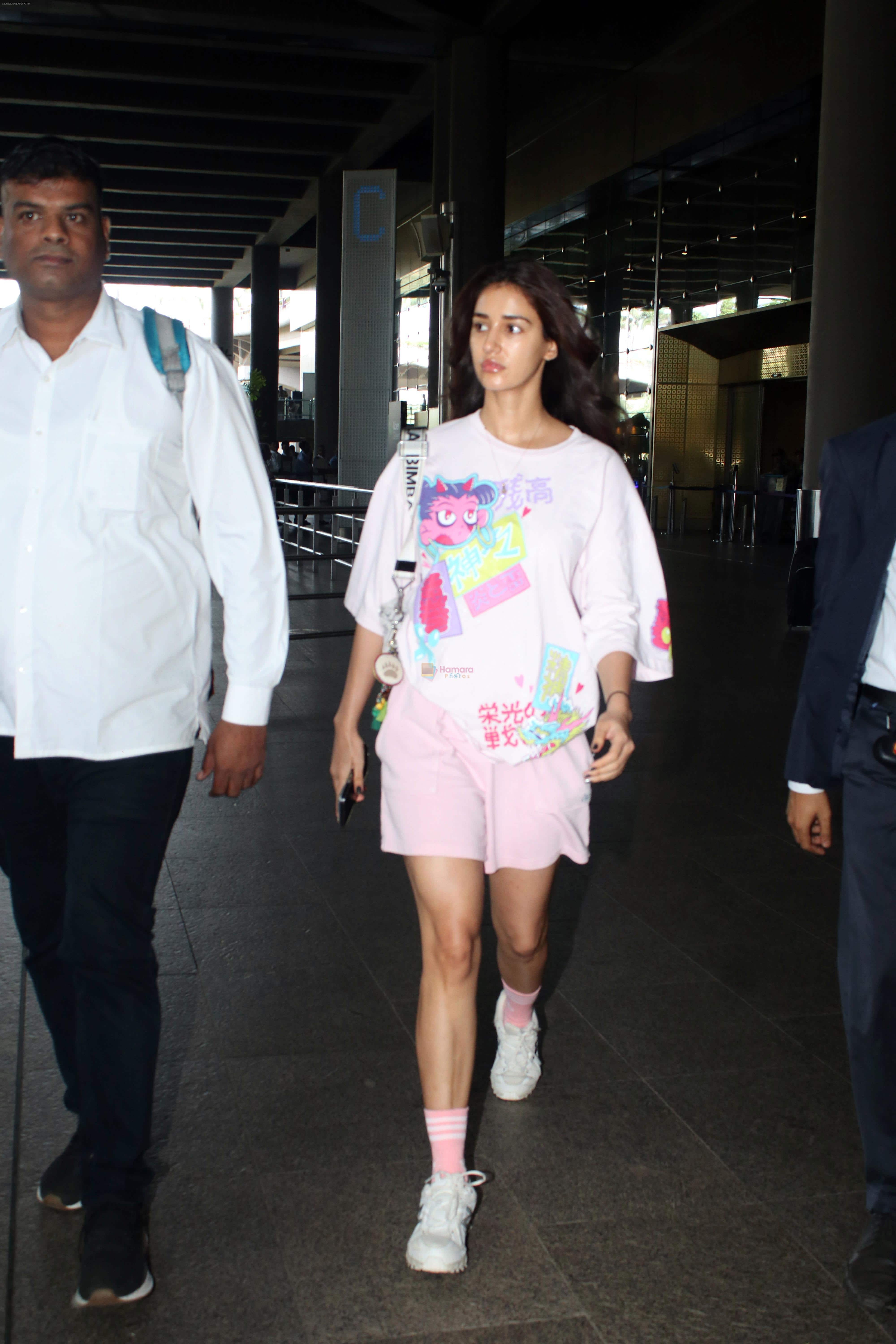

























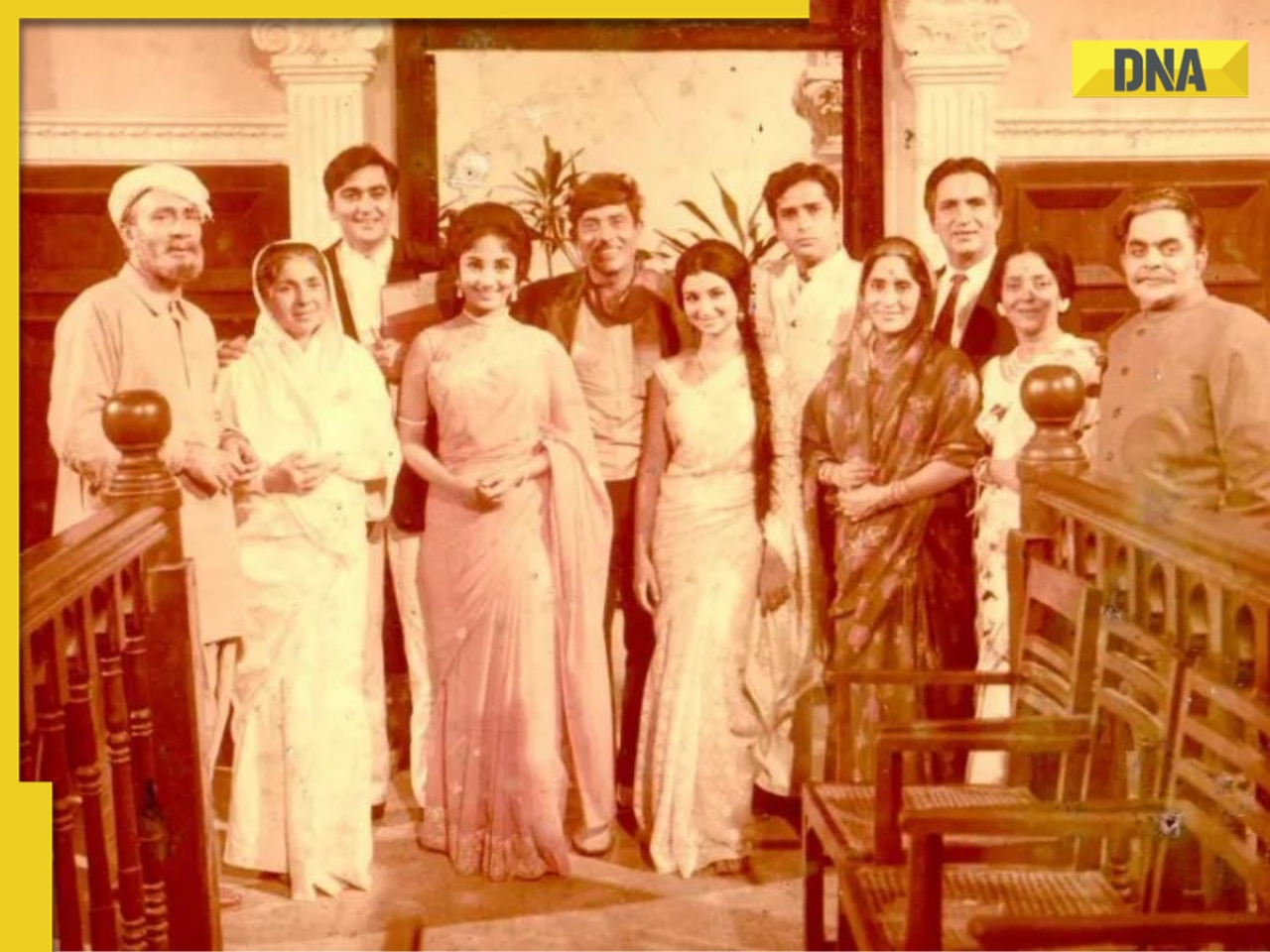
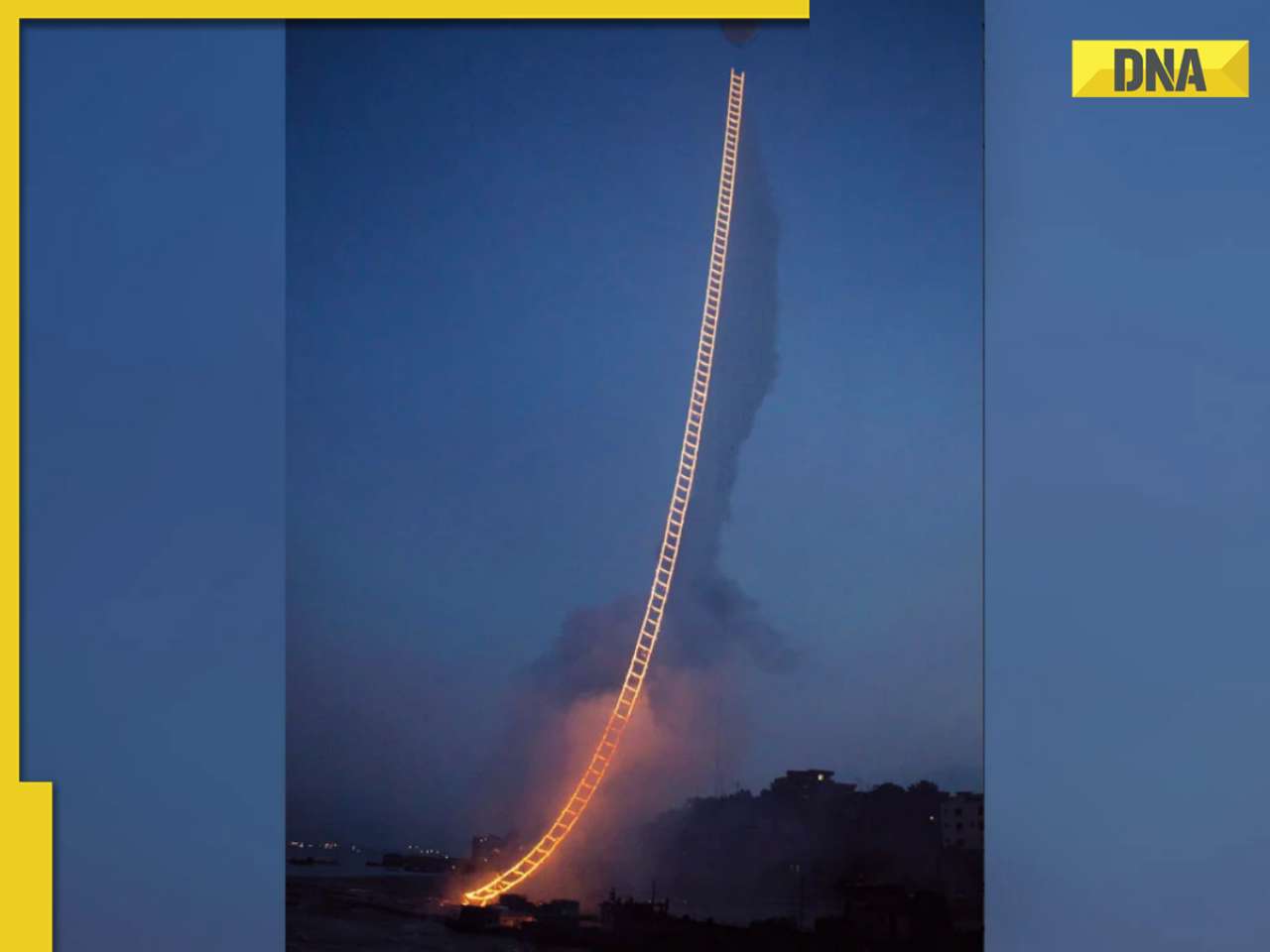
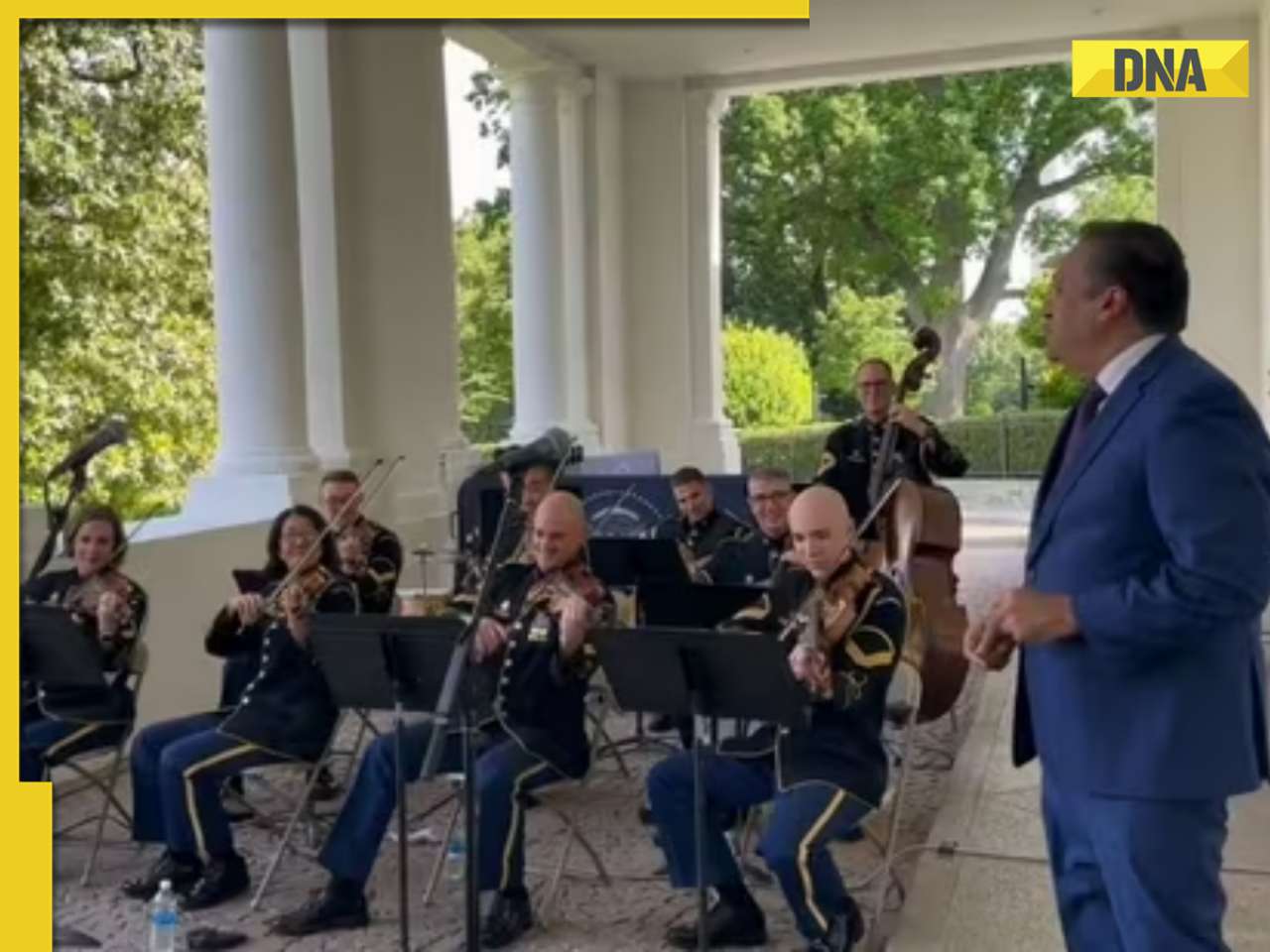








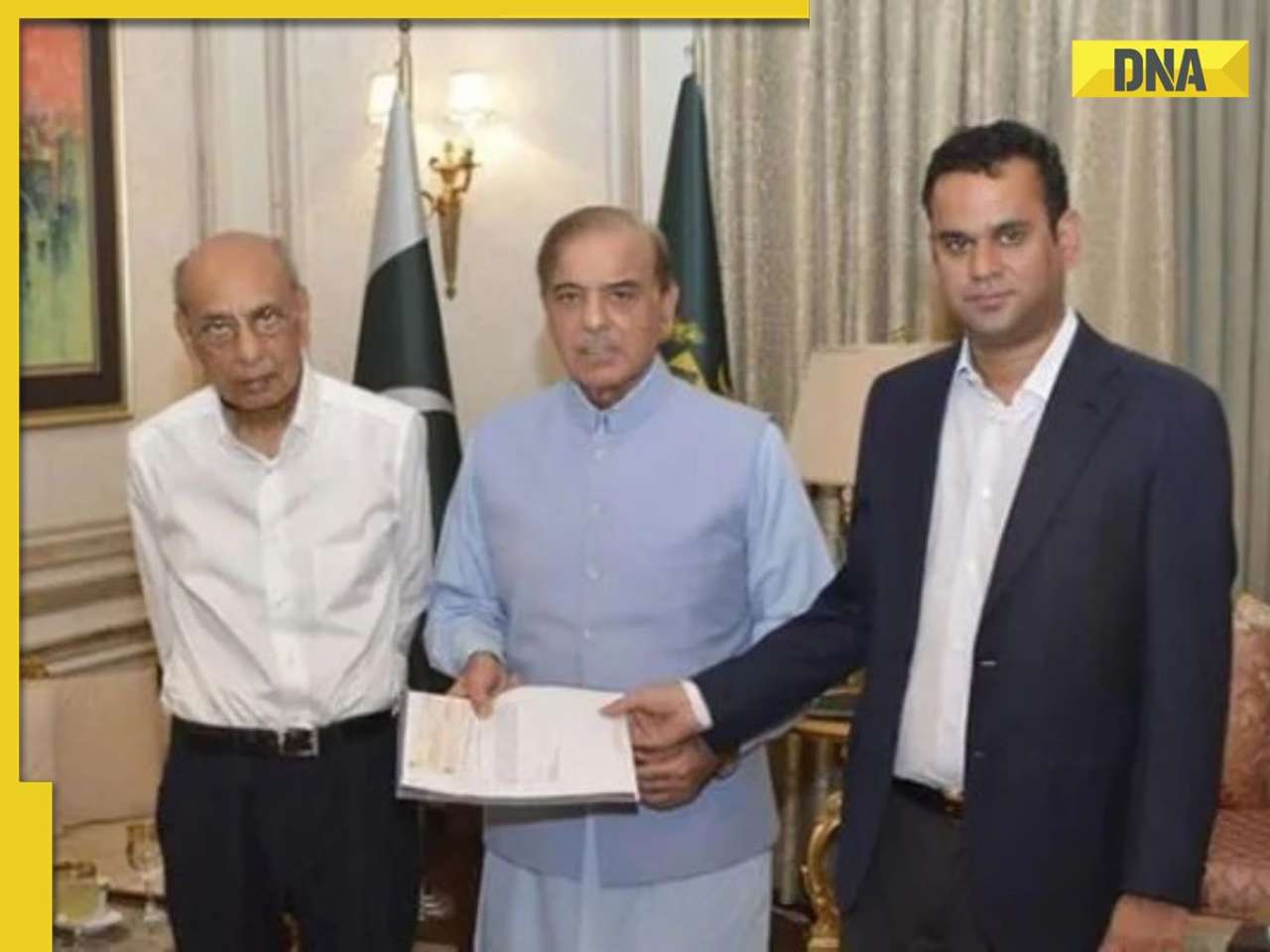












)
)
)
)
)
)